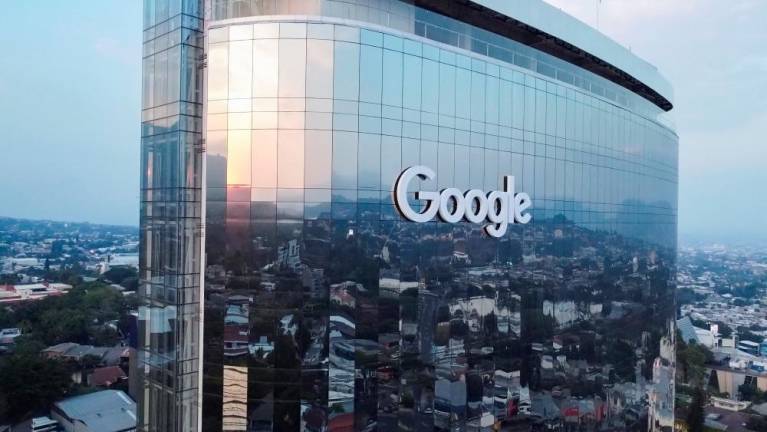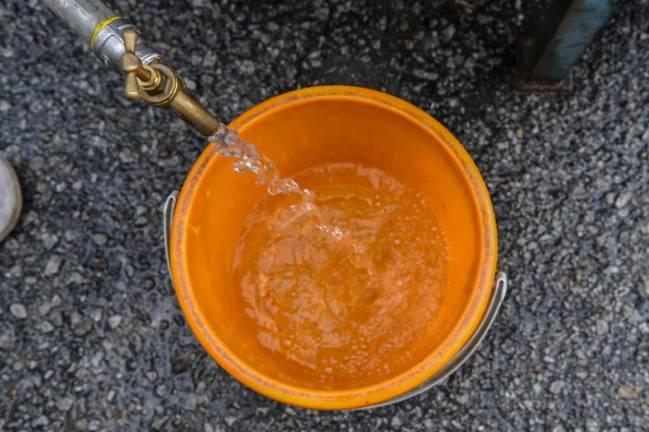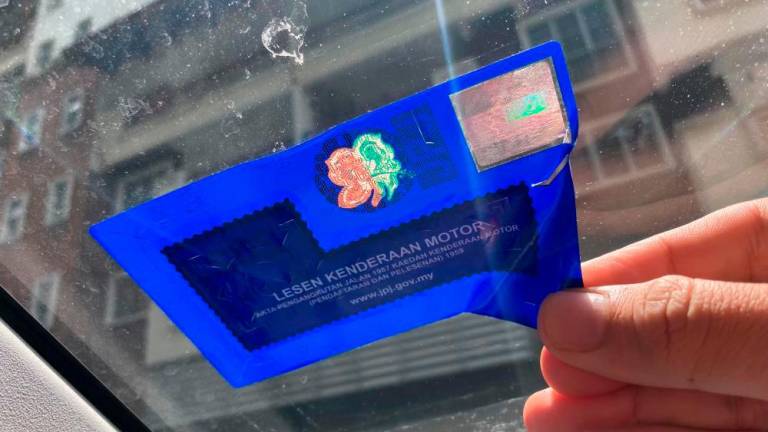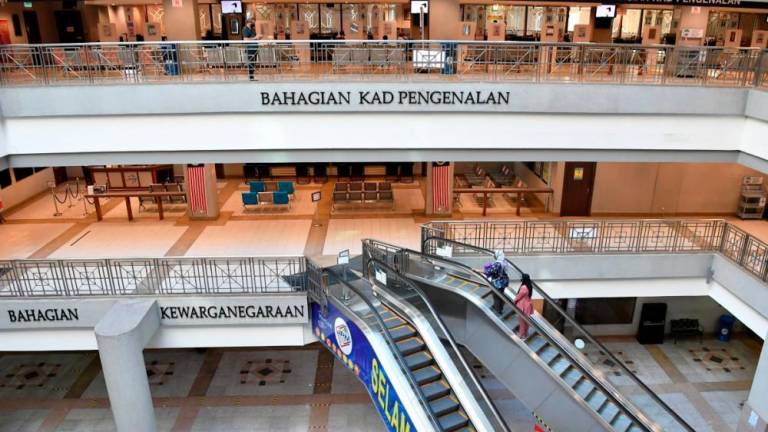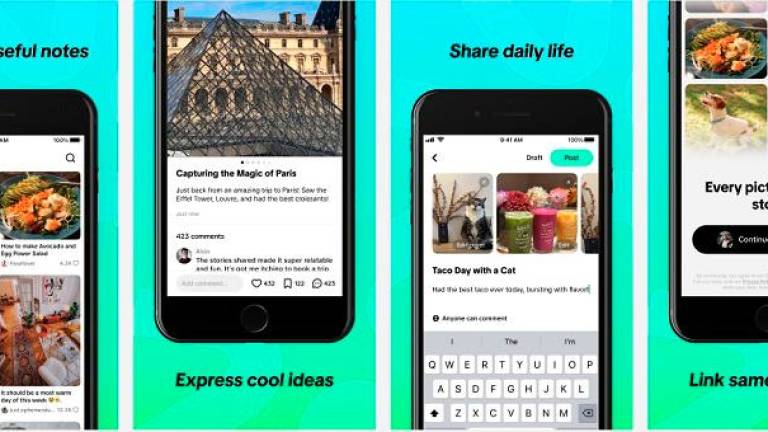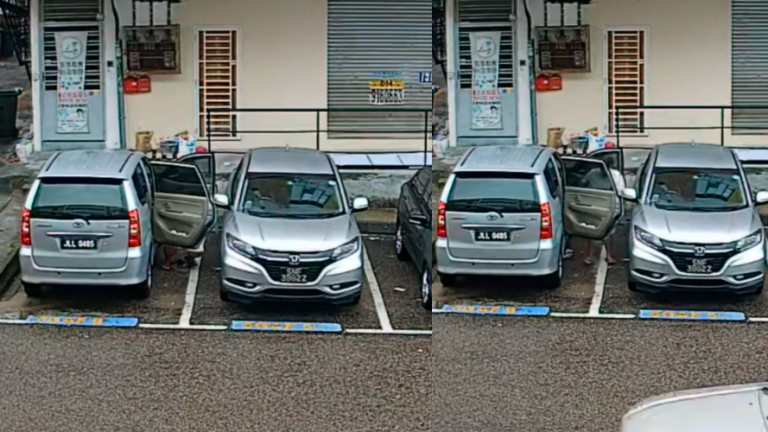PAS information chief Kamaruzaman Mohamad has suggested that the production and sale of alcoholic beverages be suspended until new measures are taken to prevent drink driving. This is a predictable line that conforms to his party’s ideological stand.
Just as predictable is the counter-line from Federation of Chinese Associations Malaysia president Tan Sri Goh Tian Chuan that any such ban will infringe on the rights of non-Muslims to consume alcohol.
To put the record straight, there is no argument between Islam and other religions over intoxicants. Some 1,200 years before the advent of Islam, maddening drinks had already been castigated.
The Buddha ruled sternly: “You shall drink no maddening drink” (Cakkavatti-Sihanada Sutta). He went on to list six dangers of being addicted to intoxicating liquors such as quarrelsomeness, loss of good character, and impaired intelligence.
In Sutta-Nipata, he said: “Through intoxication the stupid commit sins and make other people intoxicated; let him avoid this seat of sin, this madness, this folly, delightful to the stupid.” And in Anguttara-Nikaya he warned against living “in the idleness of liquor and strong drink indulgence.”
Let’s get it clear: the distinction is not between Muslims and non-Muslims but drinkers and non-drinkers, intoxicants and safe drinks, dangerous drivers and safe drivers. New technology has made it easier to combat intoxication, and Europe is widely promoting “mindful drinking” perhaps reflecting the growing influence of Buddhism and its teaching on mindfulness.
Europeans are switching to non-alcoholic spirits, alcohol-free beer (up to 0.5% alcohol), and low-alcohol beer (up to 1.2%). New wines are going down to 10% alcohol content from the traditional 12.5%. Australia restricts the availability of liquor, allowing its sale only in certain licensed outlets under stiff supervision.
Our government should ride on this trend by giving tax incentives to encourage sale of near-zero alcohol beers as well as local production of whisky and brandy with a set alcohol limit of 5%, the same as tuak produced indigenously in Borneo. Imported spirits are typically more than 30% alcohol. High quality locally made varieties competing with imported spirits will reduce intoxication by a massive extent.
But the innovative push is to fit motor vehicles with alcohol sensing devices at the steering wheel. Such a device, powered by artificial intelligence, will spot a drunk driver getting behind the wheel and disable the ignition system preventing the car from starting. The device will also alert the police of the vehicle’s exact location and number plate.
Many intoxicants are harmful and yet we should not ban them, as they are substitutes for even more harmful products. Cigarettes are bad as secondary smoke can spread cancer. There are lots of walkways and planter boxes littered with cigarette butts still containing nicotine. You could get cancer just by walking along such pathways several times a day. But you can’t ban cigarettes because they substitute for dadah.
What about mobile phones? This good product has turned bad in the hands of scammers. Every year, many Malaysians are scammed of at least RM30,000 each by thieves who call your number from a supposed police line and threaten you with jail because of some offence committed in your name. You are cajoled into making online fund transfers to ensure you stay out of jail. Some hypnotised victims have lost more than RM1 million.
So you dig into your savings and borrow from relatives. If each victim borrows from three relatives, the number of victims increases fourfold. Some RM1 billion may be pumped out of Malaysia each year by scammers who don’t spend it locally to avoid detection. The losses will rise exponentially over the coming decade, as cheats migrate in droves to this safe type of crime.
Scammers don’t pay taxes, and victims will slash their retail spending to near zero. The economy is bleeding as the public gets fooled because scammers are using advanced technology capable of simulating law enforcement phone numbers to make them sound genuine to the victims.
Should a law be enacted to ban everyone from using mobile phones until the police find a way to detect and arrest all scammers?
The writer champions interfaith harmony. Comments: letters@thesundaily.com









